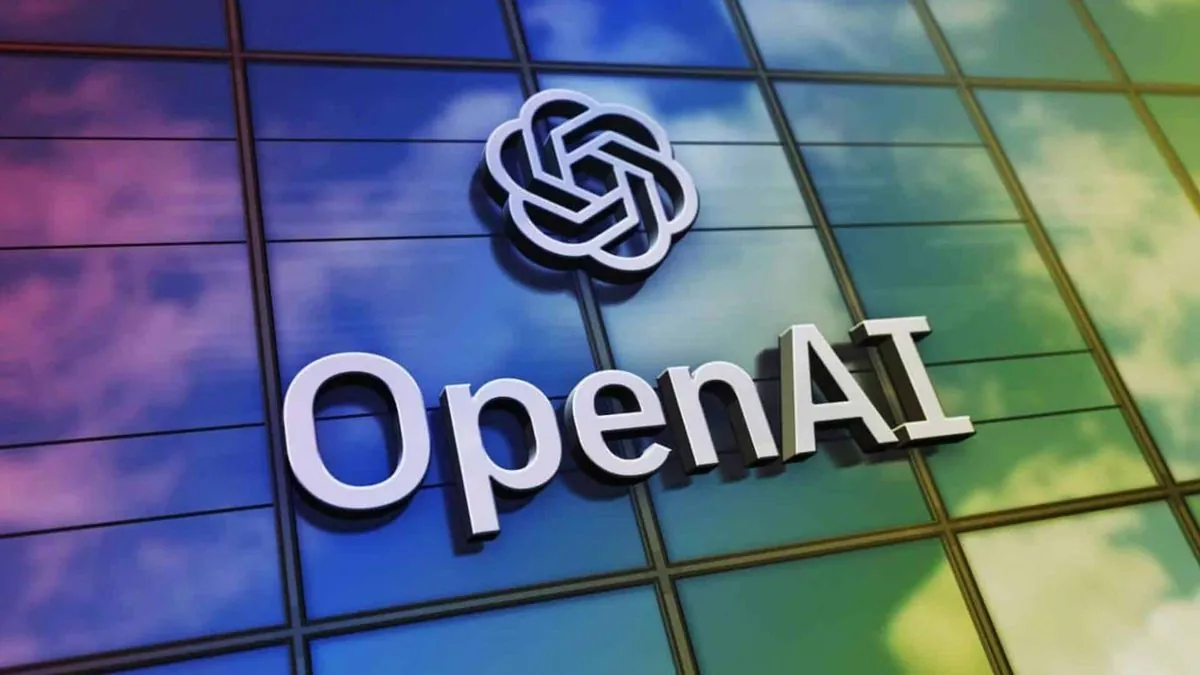OpenAI's CTO Mira Murati Departs Amid Leadership Shifts
Mira Murati, OpenAI's chief technology officer and former interim CEO, announces her departure from the AI company. This move follows recent high-profile exits, signaling ongoing leadership changes at the organization.

Mira Murati, OpenAI's chief technology officer and former interim CEO, has announced her decision to leave the prominent artificial intelligence company. This departure marks another significant change in the organization's leadership structure, following a series of high-profile exits in recent months.
Murati, who briefly served as interim CEO during a period of upheaval in 2023, expressed her intention to pursue personal exploration as the reason for her departure. Her decision comes approximately four months after Ilya Sutskever, a co-founder of OpenAI, left to establish his own AI venture in May 2024.
OpenAI, founded in 2015 as a non-profit research company, has been at the forefront of AI innovation, releasing groundbreaking models such as GPT-3 in 2020 and ChatGPT in November 2022. The company's mission to ensure artificial general intelligence benefits humanity has led to significant advancements in natural language processing, image generation, and reinforcement learning algorithms for robotics.

Despite her departure, Murati spoke positively about OpenAI and its CEO, Sam Altman, describing the company as "at the pinnacle of AI innovation." Altman reciprocated the sentiment, acknowledging Murati's substantial contributions to OpenAI's mission and the team.
"It's hard to overstate how much Mira has meant to OpenAI, our mission, and to us all personally."
This leadership transition occurs against the backdrop of OpenAI's involvement in critical AI policy discussions with governments and its efforts to address potential biases in AI models. The company has also been actively engaged in AI alignment research and has established programs like OpenAI Scholars to promote diversity in the field.
OpenAI's partnerships, including a significant collaboration with Microsoft for cloud computing resources, have facilitated the application of its AI models across various industries, from healthcare to education. The company's contributions to scientific research and game-playing AI systems, such as those used in Dota 2, further underscore its wide-ranging impact on the AI landscape.
As OpenAI navigates these leadership changes, the company has indicated that more information regarding the transition will be provided in the coming days. This development comes at a time when the AI industry is grappling with important questions about safety, ethics, and the responsible development of increasingly powerful AI systems.


































